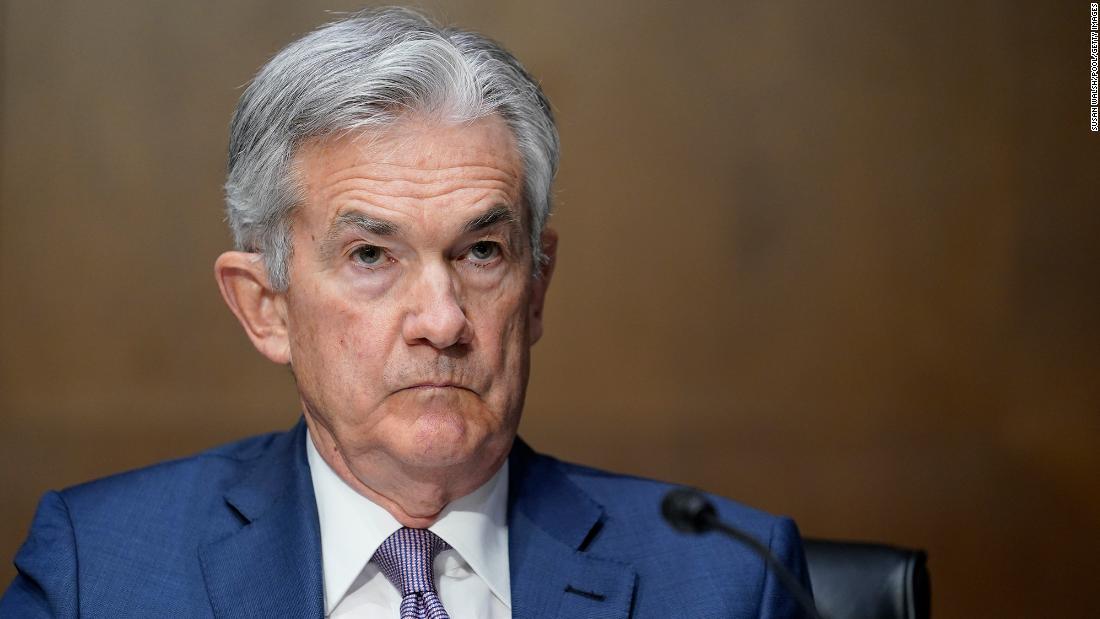Will There be Other Rates Cuts by the Fed?
19.09.2024 18:30 1 min. read Alexander Zdravkov
On September 18, the US Federal Reserve made a notable move by cutting interest rates by 50 basis points, marking the start of a new easing cycle.
Fed Chair Jerome Powell explained that this decision was based on the economy’s overall strength and a belief that inflation will soon align with the 2% target.
Despite concerns about job market stability, Powell reported no significant increase in unemployment claims or layoffs.
The Fed plans additional cuts, with two more 25-basis-point reductions this year and further decreases in 2025 and 2026.
Economist Alex Krüger sees this move as a sign of proactive management, with positive implications for both stocks and cryptocurrencies.
Following the announcement, the stock and crypto markets, including Bitcoin, saw gains.
Krüger also noted that Bitcoin’s performance could be influenced by the upcoming US presidential election, advising investors to watch for potential changes based on election outcomes.
-
1
JPMorgan Sees Slow Growth Ahead But No Recession in 2025
18.05.2025 10:00 1 min. read -
2
Cathie Wood Sees Unexpected Upside in Tariff Tensions
20.05.2025 18:00 1 min. read -
3
U.S. Set to Loosen Bank Capital Rules Amid Growing Regulatory Debate
20.05.2025 11:00 2 min. read -
4
Goldman Raises China Outlook as Tariff Truce Lifts Market Sentiment
16.05.2025 16:00 2 min. read -
5
Billionaire Warns of Slowing U.S. Growth, Sees 45% Chance of Downturn
20.05.2025 14:00 1 min. read
Wall Street Veteran Warns Tariffs Could Disrupt AI-Driven Market Rally
Steve Eisman, the famed investor known for forecasting the 2008 housing collapse, is sounding the alarm—not on overvalued tech stocks or interest rates, but on the escalating risk of global trade disputes.
Elon Musk Says Congress Is Bankrupting America
Tensions are escalating in Washington as Elon Musk publicly condemned a sweeping federal spending bill backed by Donald Trump, accusing lawmakers of driving the U.S. toward bankruptcy.
Trump Defends Tariffs as Legal Battles and Global Trade Talks Escalate
Donald Trump is doubling down on his pro-tariff stance, crediting the policy for what he calls a booming U.S. economy.
Robert Kiyosaki Warns of Deepening Financial Crisis, Urges Shift to Bitcoin and Precious Metals
Robert Kiyosaki, author of Rich Dad Poor Dad, has raised alarm bells once again—this time warning that the financial system may already be in the early stages of a historic downturn.
-
1
JPMorgan Sees Slow Growth Ahead But No Recession in 2025
18.05.2025 10:00 1 min. read -
2
Cathie Wood Sees Unexpected Upside in Tariff Tensions
20.05.2025 18:00 1 min. read -
3
U.S. Set to Loosen Bank Capital Rules Amid Growing Regulatory Debate
20.05.2025 11:00 2 min. read -
4
Goldman Raises China Outlook as Tariff Truce Lifts Market Sentiment
16.05.2025 16:00 2 min. read -
5
Billionaire Warns of Slowing U.S. Growth, Sees 45% Chance of Downturn
20.05.2025 14:00 1 min. read


